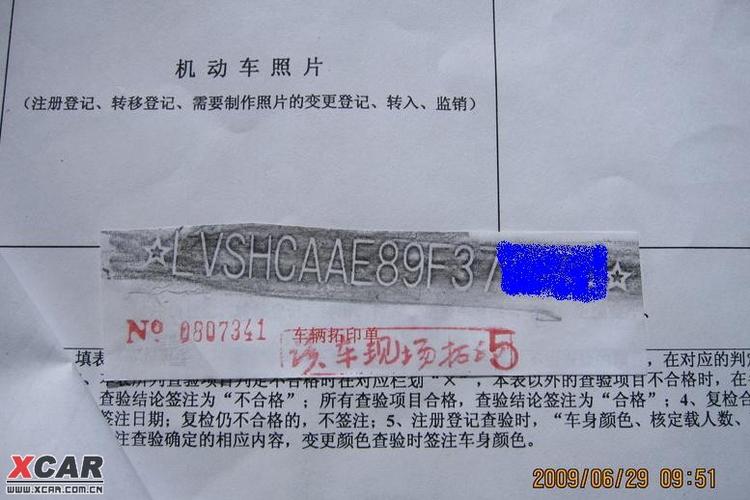Effective teamwork and collaboration are key to the success of any organization. When team members work together cohesively, the productivity and efficiency of the team increase significantly. Here's a guide to help you understand the importance of team collaboration and how to foster it in the workplace.
Understanding the Importance of Team Collaboration
1. Improved ProblemSolving: Collaboration allows team members to combine their strengths, knowledge, and skills to solve complex problems more effectively.
2. Enhanced Creativity: Working in a collaborative environment encourages the free flow of ideas, leading to innovative solutions and creative outcomes.
3. Increased Efficiency: When team members collaborate, tasks are completed more efficiently as they can be divided based on individual strengths and expertise.
4. Boosted Morale: Collaboration promotes a sense of unity and belonging among team members, leading to higher morale and job satisfaction.
Strategies for Fostering Team Collaboration
1. Establish Clear Goals: Ensure that all team members have a clear understanding of the team's goals and objectives. This clarity will help in aligning efforts towards a common purpose.
2. Encourage Open Communication: Create a culture where team members feel comfortable sharing their ideas, concerns, and feedback. Utilize collaboration tools and platforms to facilitate communication.
3. Respect Diverse Perspectives: Recognize and appreciate the diversity of thought and perspective within the team. Value the input of each member, as diverse viewpoints often lead to comprehensive solutions.
4. Establish Trust: Trust is the foundation of effective collaboration. Encourage trustbuilding activities and lead by example to cultivate a trusting environment.
5. Provide Resources and Training: Equip team members with the necessary resources, tools, and training to enhance their collaboration skills and work effectively as a team.
Challenges and Solutions
1. Communication Barriers: Miscommunication or lack of communication can hinder collaboration. Establish clear communication channels and encourage active listening among team members.
2. Conflict Resolution: Address conflicts promptly and consider them as opportunities for growth. Implement conflict resolution strategies and foster a culture of open dialogue.
3. Remote Collaboration: For teams working remotely, utilize technology to facilitate virtual collaboration through video conferences, project management tools, and virtual teambuilding activities.
Measuring and Recognizing Collaboration
1. Utilize Key Performance Indicators (KPIs): Identify KPIs that reflect the level of collaboration within the team, such as project completion time, client satisfaction, and team feedback.
2. Provide Recognition and Rewards: Recognize and appreciate collaborative efforts through awards, public acknowledgment, or other forms of rewards to motivate and sustain a collaborative culture.
Remember, effective team collaboration is an ongoing process that requires dedication, openmindedness, and continuous improvement. By fostering a collaborative environment, organizations can unleash the full potential of their teams and achieve remarkable results.











